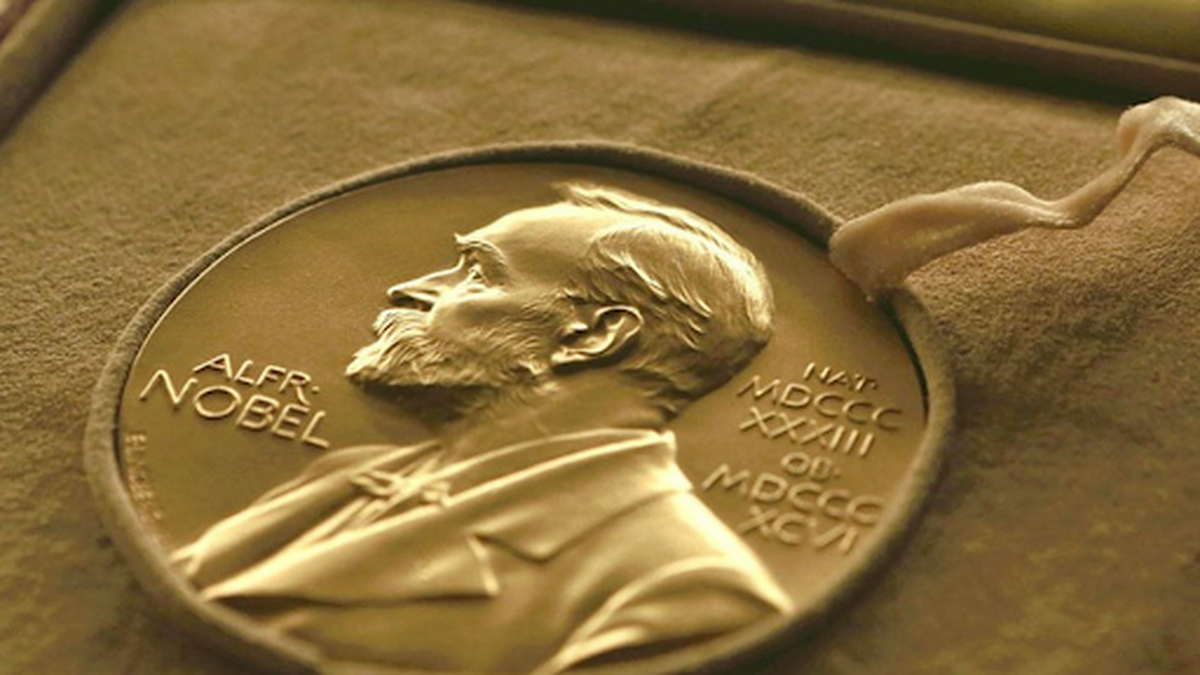Nevertheless, his critics argue that he did little to avert the crisis and may have helped fuel his causes as Fed governor from 2002-2005, then under the presidency of Alan Greenspan; and then at the head of the Council of Economic Advisers to President George W. Bush (2001-2009).
The Nobel jury awarded him the prize along with with the also American economists Douglas Diamond and Philip Dybvig for having “significantly improved our understanding of the role of banks in the economy, particularly during financial crises, as well as how to regulate financial markets.”
Bernanke was noted for his analysis of “the worst economic crisis in modern history”: the Great Depression of the 1930s. He published a book of essays on the subject and co-authored another on the 2008 financial crisis.
Now He is a member of the Brookings Institution think tank and is a senior advisor to the asset management firms Pimco and Citadel.appointments that raised concerns about the “revolving door” between Washington and Wall Street.
In recognition of his actions during the global financial crisis, he was named “Person of the Year” by Time magazine in 2009, which called him “the most important figure guiding the world’s most important economy.”
“His creative leadership helped make 2009 a period of feeble recovery rather than catastrophic depression,” Time writer Michael Grunwald wrote.
the democrat Barack Obama, kept Bernanke as head of the central bank, a position he held until 2014.
The distinguished with the Nobel, He always emphasized the importance of transparency in the communications of the monetary entity, moving away from Greenspan’s bombastic statements. And unlike his predecessor, he often spoke to the press.
Joseph Brusselsdirector of Moody’s Analytics, once said the Fed’s unorthodox response to the global financial crisis was “unprecedented” as it cut its guide rate to zero and “flooded the financial system with liquidity.”
The Fed’s actions, he added, “slowly rebuilt confidence in the banking system.”
Jeffrey Sachs, Columbia University economist, said in September 2008, on the occasion of the collapse of Lehman Brothers, that “a depression seemed possible” but that the action of central banks “prevented the financial markets from collapsing”.
But others criticize Bernanke for failing to anticipate the gravity of the situation: In 2007, when the first signs of the subprime crisis emerged, he assured Congress that the fallout would be limited.
Others accuse him of not having acted quickly enough to lower interest rates once the magnitude of the crisis became clear, as the Fed adopted a stance of a slow rate cut, before the emergency lowering of January 2008.
Among critics of Bernanke, the late economist allan meltzerof Carnegie Mellon University, said the Lehman collapse represented a mistake of historic proportions.
“Allowing Lehman to fail without warning is one of the great mistakes in the history of the Federal Reserve,” he wrote in an essay in The Wall Street Journal.
The son of a pharmacist and a teacher, Bernanke was born on December 13, 1953 into a Jewish home in heavily Christian Augusta, Georgia, though he spent his childhood in Dillon, a South Carolina farming town of 7,500.
He was a star student, achieving a near perfect score on the college entrance exam. He studied economics at Harvard, from which he graduated with honors in 1975. He went on to obtain a PhD in economics from the Massachusetts Institute of Technology (MIT).
Source: Ambito
David William is a talented author who has made a name for himself in the world of writing. He is a professional author who writes on a wide range of topics, from general interest to opinion news. David is currently working as a writer at 24 hours worlds where he brings his unique perspective and in-depth research to his articles, making them both informative and engaging.




